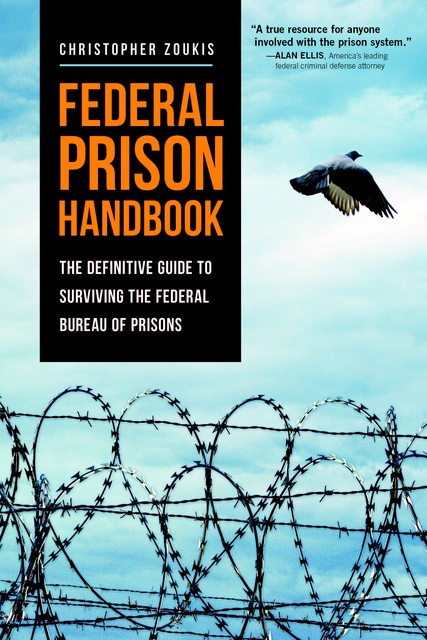Shakedown in New Mexico: Decades-Long Police Corruption Scandal Rocks Albuquerque’s DWI Unit
by Jo Ellen Nott
Albuquerque is grappling with a sprawling police corruption scandal that spans decades, involving bribery, extortion, and racketeering within the city’s DWI enforcement unit. The scandal, which came to light after a federal investigation, has led to multiple guilty pleas, the dismissal of hundreds of cases, and a lawsuit alleging systemic failures by the Albuquerque Police Department (“APD”).
The Key Players
At the center of the scandal is Thomas Clear, a 67-year-old attorney who pleaded guilty on February 12, 2025, to charges including bribery, racketeering conspiracy, and interference with commerce by extortion. Clear admitted to running a “DWI Enterprise” since the 1990s, involving nearly the entire APD DWI unit. In exchange for bribes—ranging from cash and gifts to hotel stays—officers would either fail to file charges or intentionally miss court dates, ensuring dismissals for their clients. Clear’s sentencing date has not yet been set.
Former officer Honorio Alba Jr. and several other officers were also implicated in the scheme. Alba and others allegedly directed individuals falsely arrested for DWI to Clear, who would then arrange for their charges to be dismissed in exchange for bribes. Clear’s assistant, Ricardo Mendez, and a paralegal accomplice pleaded guilty on January 24, 2025.
The FBI uncovered the corruption in early 2024, leading to a wave of guilty pleas within a year. APD claims it first investigated allegations of misconduct within the DWI unit as far back as 2003, but substantive investigations did not begin until 2014.
A Timeline of Corruption
2014: An internal affairs investigation was launched, but only two officers were disciplined after video evidence of suspicious arrests could not be located. APD failed to determine if there was a broader pattern of misconduct.
2019: Nine officers in the DWI unit were implicated in the scandal. APD also implemented changes to its DWI case handling as part of an agreement with the Department of Justice. A tenth officer joined the unit in 2021 and was later implicated in the bribery scheme.
2022: Two individuals arrested for DWI reported being told their cases could be “taken care of” for thousands of dollars. Attorney Daymon B. Ely, who was tipped off by the arrestees, alerted the FBI. The FBI passed the information to APD’s internal affairs unit, which forwarded it to the Citizens’ Police Oversight Agency with no results.
December 2022: Another tip prompted APD Chief Harold Medina to conduct a secret investigation of nine officers, but no actionable misconduct was found.
2023: The federal government took over the investigation, leading to the attorney general informing the district attorney about the corrupt officers in January 2024. The DA was forced to dismiss 144 pending cases tied to the officers.
February 2024: Prosecutors dropped nearly 200 cases due to the compromised credibility of the arresting officers. Bernalillo County District Attorney Sam Bregman stated, “It makes me sick to my stomach, but I have no choice. My prosecutorial ethics require me to dismiss these cases.”
Legal Fallout and Innocent Victims
While many guilty drivers benefited from the scheme, innocent individuals also suffered. Jose Vasquez, one of 14 plaintiffs in a lawsuit against the city, was wrongly accused of drunk driving in 2020 despite being a teetotaler. Alba arrested him even after a breath test confirmed he was sober. Similarly, Carlos Sandoval-Smith was charged with DWI despite passing field sobriety tests. Smith said the arrest “ruined relationships with his family members and led to him losing his job.”
The lawsuit alleges that APD leadership, including Chief Medina, allowed corruption to persist and failed to train or supervise officers properly. High-ranking officers are accused of covering up the scheme, ensuring it continued unchecked.
Calls for Accountability
Critics argue that the city’s response has been inadequate, with leadership failing to take responsibility for the systemic failures. Attorney Taylor Smith emphasized the need for accountability and reform, warning that without significant changes, similar misconduct could recur. While some officers may evade prosecution due to statutes of limitations, the investigation continues, aiming to hold as many individuals accountable as possible.
U.S. Attorney Alexander Uballez underscored the broader implications of the scandal, stating that such corruption undermines the justice system by allowing money, rather than legal proceedings, to determine outcomes.
Sources: Albuquerque Journal, Reason Magazine
As a digital subscriber to Criminal Legal News, you can access full text and downloads for this and other premium content.
Already a subscriber? Login





